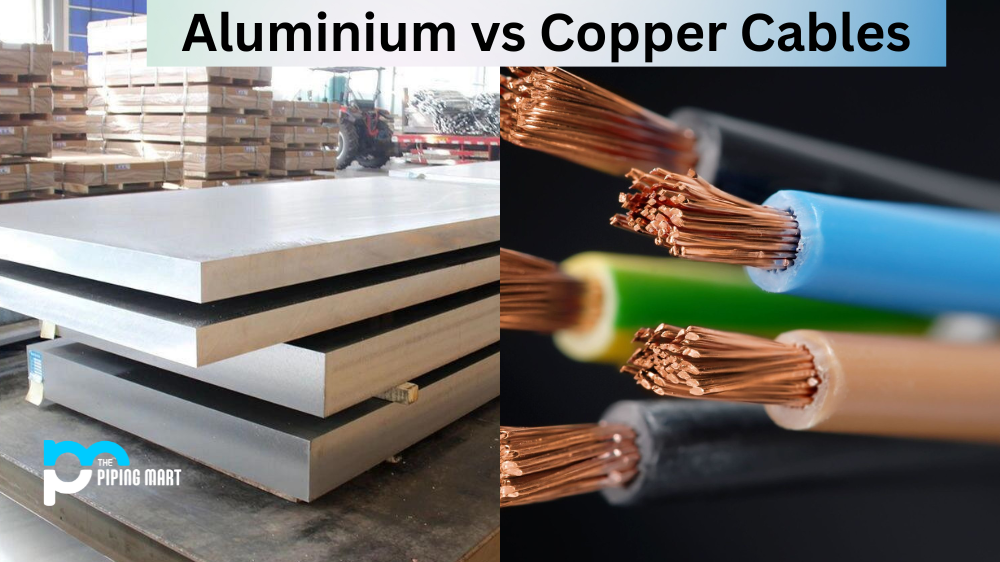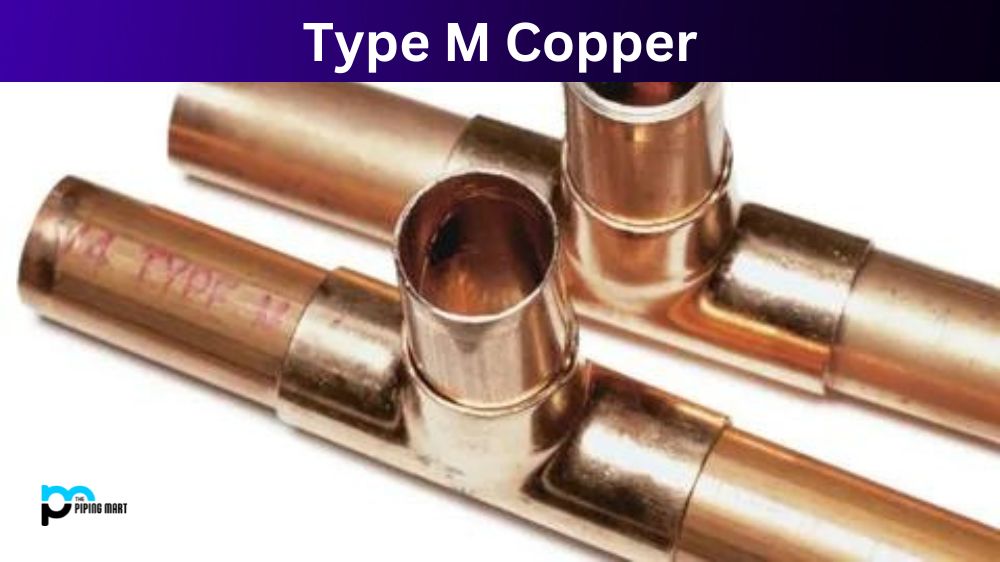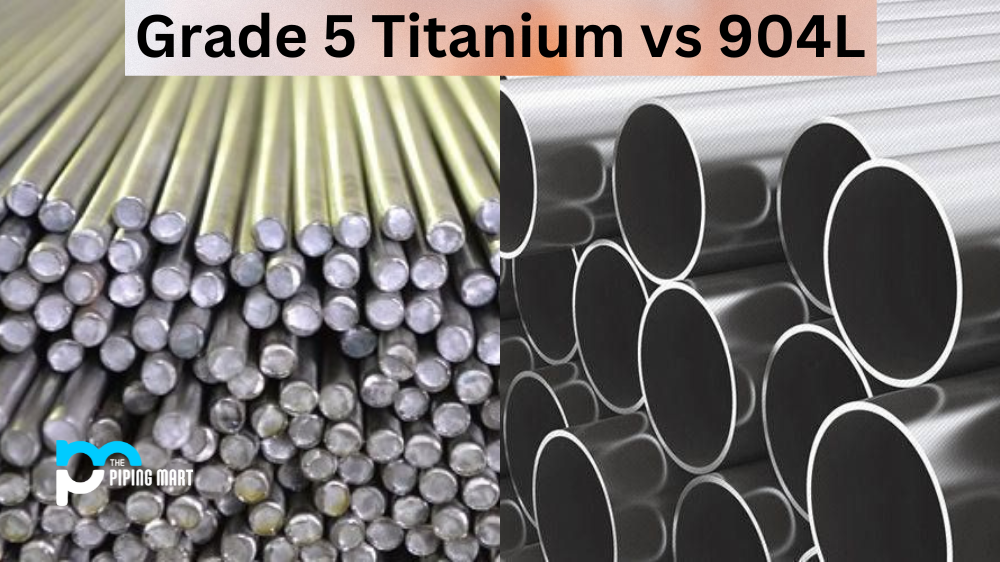When it comes to electrical wiring, there are two main types of cables that people use – aluminium and copper. While both are excellent conductors of electricity, each has its own set of advantages and disadvantages. In this blog post, we’ll compare aluminum and copper cables in terms of their electrical properties, cost-effectiveness, and more.
Aluminium vs Copper Cables – What’s the Difference
Electrical Properties:
Both aluminium and copper have excellent electrical properties, but copper has a much higher electrical conductivity than aluminum, making it the preferred choice for many applications. However, aluminium is still highly conductive and can be used in many situations where copper may not be feasible due to space or cost constraints. For example, in overhead power lines, aluminum is often used instead of copper due to its lighter weight and lower cost.
Cost-Effectiveness:
In terms of cost-effectiveness, aluminum cables tend to be cheaper than copper cables due to their lower manufacturing costs. However, the overall cost depends on the application as well as the environmental conditions – for instance. If the cable needs to withstand extreme temperatures or corrosive environments, then the copper will usually be a better choice as it is more durable than aluminum.
Performance:
As far as performance goes, both types of cables can perform equally well in most applications. The only difference between them is that aluminum tends to heat up faster than copper when exposed to an electric current for long periods of time. This means that aluminum cables need additional insulation compared to copper ones in order to prevent overheating and potential fire hazards.
Conclusion:
Ultimately, the decision between using an aluminum or a copper cable comes down to personal preference based on budget constraints or specific requirements for a given application. While they both have their advantages and disadvantages when it comes to electrical properties and cost-effectiveness, they are both great options for wiring projects. It’s important that you understand all the factors involved before making your choice so that you can make an informed decision about what type of cable will best suit your needs.

Pipingmart is a B2B portal that specializes in metal, industrial and piping items. Additionally, we share the latest information and information about materials, products and various types of grades to assist businesses that are involved in this business.




